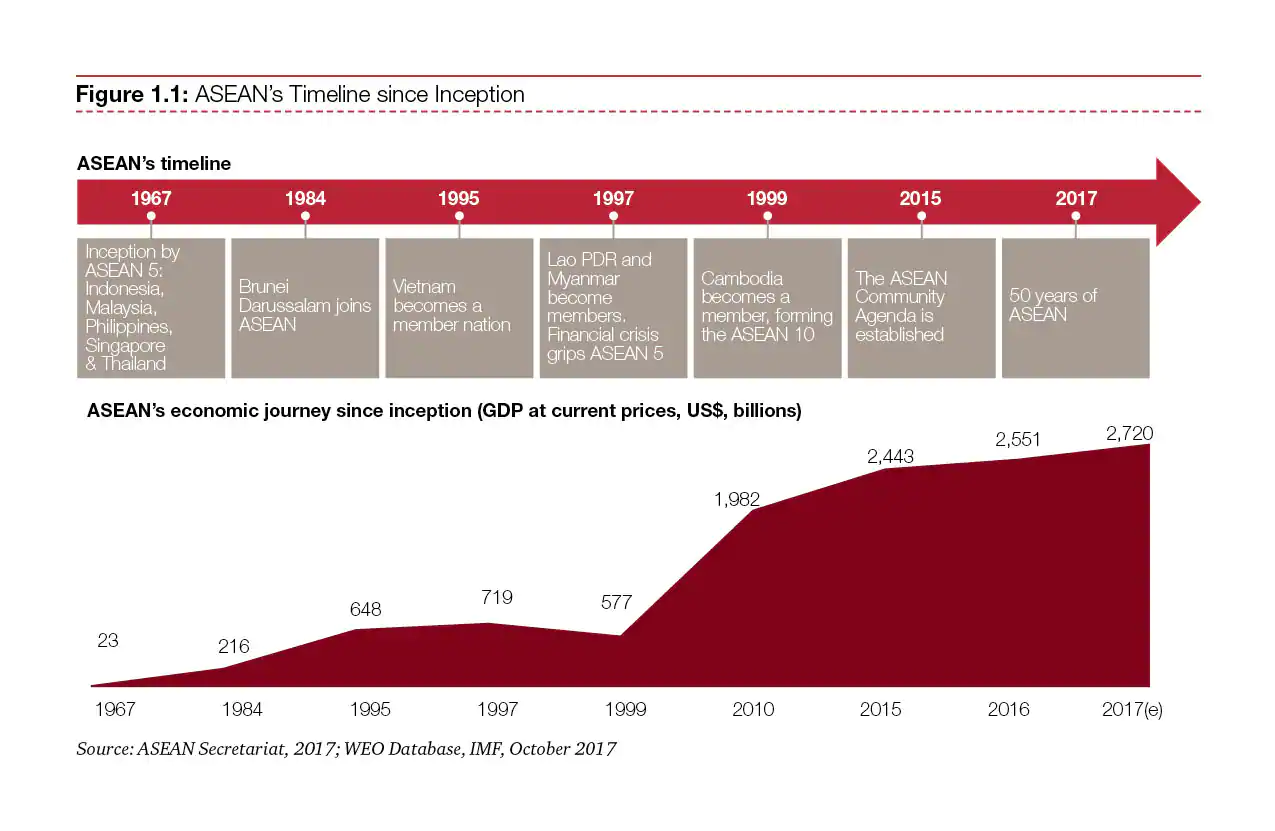In a 2017 report on the Philippines’ startup founders, online shopping aggregator iPrice Group identified only 31 local startups that have completed at least one funding round with a venture capital firm. Much less are startups that have exited, or have either listed in the Philippine Stock Exchange or sold its business to a larger company.
Moreover, the Philippines has so far only produced one unicorn, or a startup with a valuation of at least $1 billion—real estate firm Revolution Precrafted. A study by Malaysia-based firm Catcha Group, which owns video streaming service iflix, said that there are still no locally based tech companies with a valuation of over $100 million, a fact unique only to the Philippines when compared to startup ecosystems in other large Southeast Asian countries.
As well, a recent study by financial market analyst ValuePenguin showed that the Philippines is not as conducive to startup development as neighboring countries.
While there is still a long way to go before the Philippine startup community catches up with other ecosystems in neighboring countries, it is clear that it is growing at a rapid pace. Efforts from both the private and public sector are beginning to bear fruit, and more and more innovative companies are getting recognized both locally and internationally. While VC funding is still scarce, there is no way to go but up in terms of creating more high-value startups and unicorns.
“Because of collective efforts of various organizations, there are now more technology entrepreneurs and entrepreneur support organizations,” said Diane Eustaquio, executive director of startup incubator IdeaSpace Foundation, in the foreword of the 2017 Philippine Startup Survey. “Some dots are not too far apart as they were in the past.”
Sources and methodology
As there is no official list of startups available, we gathered these startups from various sources, including a list that the Department of Science and Technology (DOST) used in drafting its roadmap for startups in 2015; online startup databases and catalogs such as e27, Tech in Asia, Crunchbase, TechShake and AngelList; websites of various local and foreign venture capital firms, incubators and accelerators that have invested in Philippine startups; and other sources such as news reports and press releases.
After compiling a list of over 150 names, we then gathered available financial information from the Securities and Exchange Commission (SEC). Unfortunately, most of the startups either do not have financial statements on file with the SEC or have submitted quite dated reports. To ensure a broad coverage, we compiled financial data on companies that have submitted reports in any of the last three years from 2015 to 2017, and picked out the latest figures. These were then ranked and the 50 startups with the largest revenue figures are listed here.
Note: This article was edited on June 25, 2018 to add links to cited studies as well as to correct the average percentage values of year-on-year changes to the startups' revenues and net income or loss positions
Article from Entrepreneur Philippines


